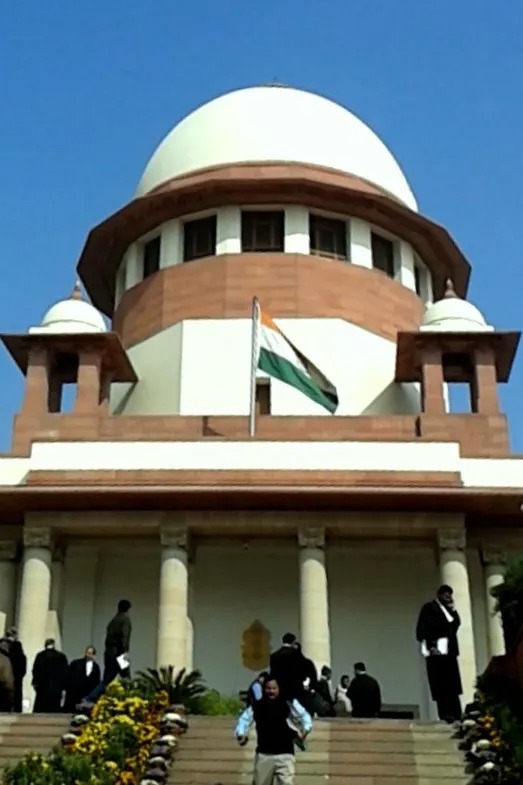Amiya K. Mookerji, J.@mdashThis Rule is directed against an order No. 25 dated May 17, 1973, passed by the learned Judge, Second Labour Court, dismissing the Petitioner''s application u/s 33(2)(b) of the Industrial Disputes Act, 1947, on the ground that the proviso to the said section had not been complied with.
2. The Respondent No. 3 Gangeswar Ojha was a peon under the employment of the Petitioner''s company. The said Respondent, the workman, was charges-sheeted for his indecent behaviour. There was a domestic enquiry. He was found guilty of the charges levelled against him and thereafter, he was dismissed from service by a letter '' dated December 29, 1971. An industrial dispute with respect to an individual workman referred to u/s 2A of the Industrial Disputes Act was pending adjudication before the Second Labour Court, West Bengal. By way of abundant precaution the Petitioner filed an application u/s 33(2)(b) of the Act before the said Second Labour Court praying for approval of the Petitioner''s action in dismissing the workman. At the same time the Petitioner company raised a preliminary objection before the Labour Court that as the Respondent No. 3 was not a. ''workman concerned'' in the dispute referred to the Industrial Tribunal u/s 2A of the Act, provisions of Section 33(2)(b) were not applicable and as such, the Labour Court had no jurisdiction to entertain the said application. The learned Judge of the Labour Court was of opinion that by deeming provision of Section 2A of the Act an individual dispute was actually converted to an industrial dispute within the meaning of Section 2(k) of the Act. In fact, without the aid of Section 2A an individual dispute could be converted into an industrial dispute when it was sponsored by a number of workmen or the Union representing a section of the workmen. According to him, the workman could be treated as ''concerned workman'' within the meaning of Section 33(2)(b) of the Act, although the original dispute was u/s 2A of the Act.
3. Mr. Chakravarti, appearing on behalf of the Petitioner company, contended that an individual dispute with regard to discharge, dismissal, retrenchment and/or termination of service was deemed to be an industrial dispute by the deeming provisions contained in Section 2A of the Act. But, even then such deeming provision did not affect or concern, other workmen of the employer and as such, termination of service of some other workman during the pendency of an adjudication proceeding of an industrial dispute as defined in Section 2A of the Act did not attract the provisions of Section 33(2)(b).
4. In the
5. In Upper Ganges Valley Electric Supply Co. Ltd. v. Srivastava (1963) I L.L.J. 237 (1963) I L.L.J. 237 (S.C.) in construing Section 23 of the Industrial Disputes (Appellate Tribunal) Act, 1950, the Supreme Court held that an application u/s 23 of that Act was not maintainable because the workman was not concerned in the pending appeal before the Labour Appellate Tribunal which was related to an individual dispute.
6. By deeming provisions of Section 2A of the Act an individual dispute becomes an industrial dispute. But, in that dispute the other workmen are not concerned. There must be a common feature in the nature of dispute in two cases which would serve as a connecting link thereby rendering workman in later case also workman concerned in dispute in the earlier case. So, there the pending reference was an individual dispute in respect of one employee, it could not be said that all other workmen were concerned in that dispute. Accordingly, in my view, provisions of Section 33(2)(b) of the Industrial Disputes Act, 1947, are not attracted where a reference u/s 2A of the Act is pending before any Industrial Tribunal.
7. In the result, this Rule is made absolute. The impugned order of the learned Judge, Second Labour Court, is quashed by a writ of certiorari. This order, however, shall not prevent the Respondent No. 3, the workman to approach the State Government for a reference u/s 2A of the Industrial Disputes Act, 1947.
8. There will be no order for costs.

